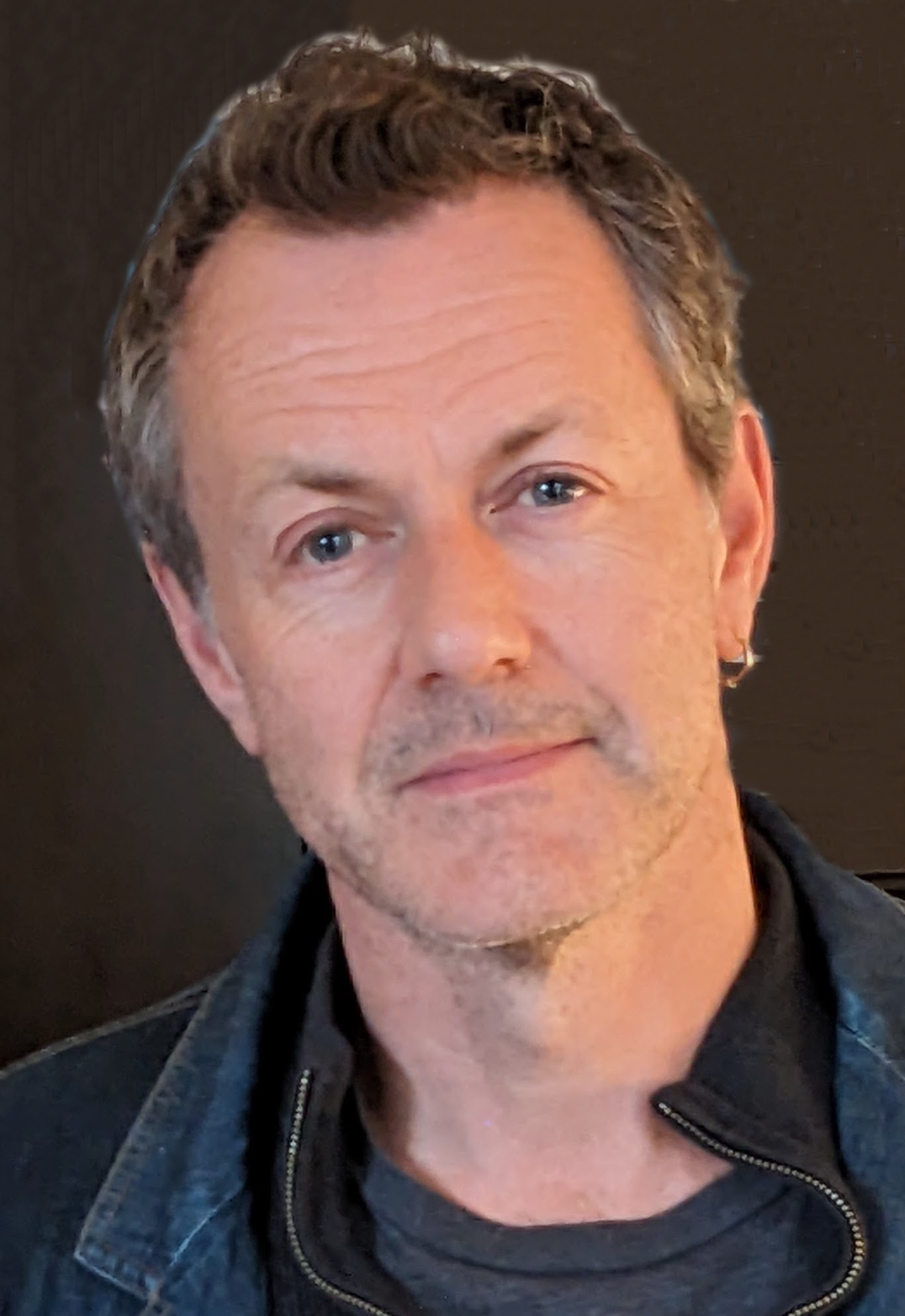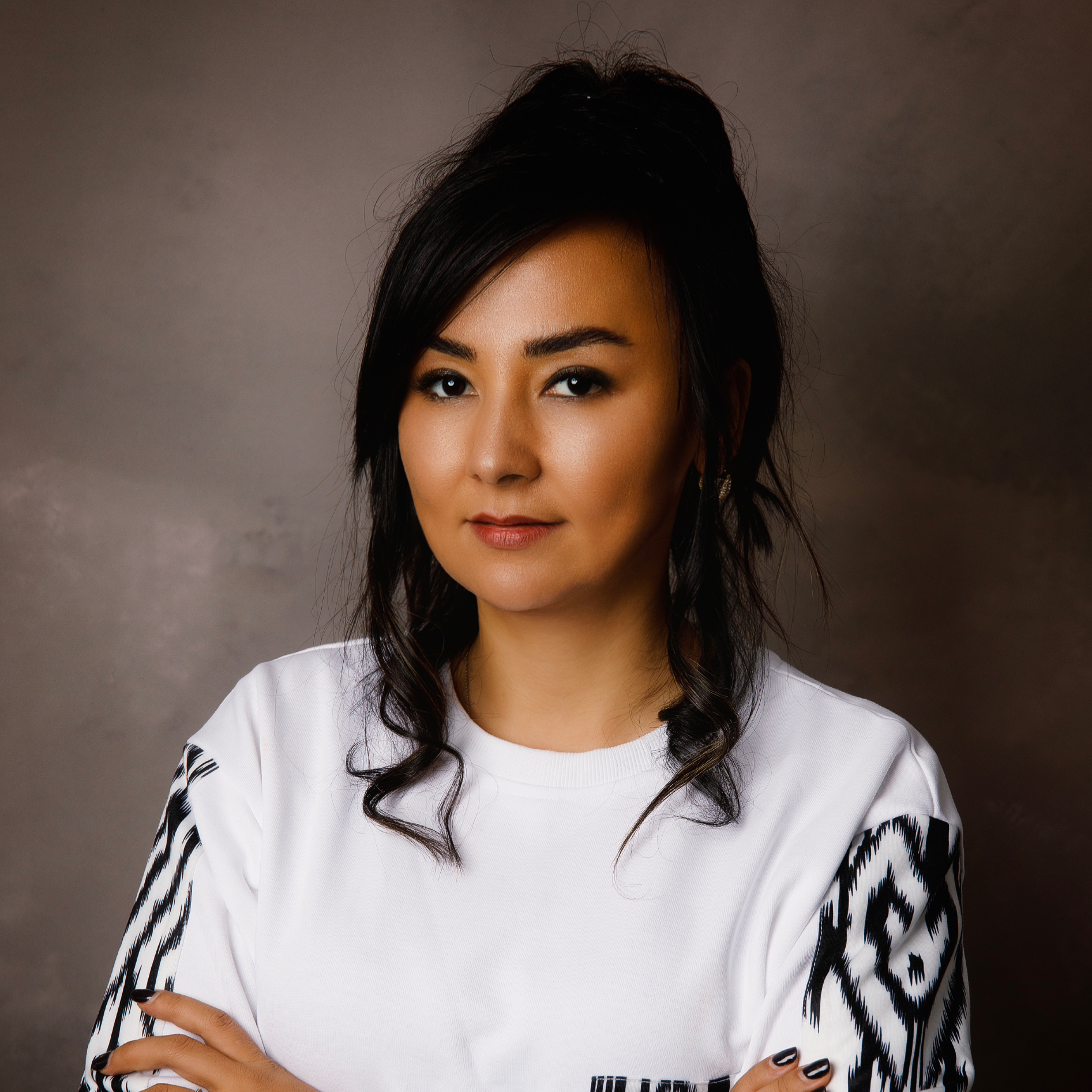
Aynur Kadir
Aynur Kadir is an Indigenous Uyghur scholar, filmmaker and curator with a research focus on the documentation, conservation and revitalization of Indigenous cultures and languages. Her work bridges the gap between Indigenous studies in Canada and in Asia. Her research interests are in global indigeneity from the Uyghur in China to Coast Salish and Six Nations in Canada; transnational Indigenous diplomacy; and the safeguarding and revitalization of languages and cultural heritage through digital technology and collaborative initiatives.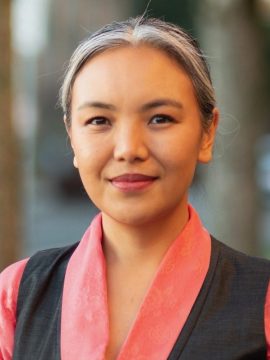
Pasang Yangjee Sherpa
Pasang Sherpa is a Sharwa anthropologist from Pharak, the southern part of Mt. Everest region in northeastern Nepal. Her research, writing and pedagogy focuses on climate change and Indigeneity among Himalayan communities, guided by the question: How do we live in the midst of dying? Currently, she is working on a project titled Transnational Sherpas which examines cultural appropriation, representation, migration history, and the role of matriarchs in Sherpa society. Another ongoing project of hers seeks just pathways for sustainable futures in the Anthropocene with geographers Ritodhi Chakraborty and Costanza Rampini.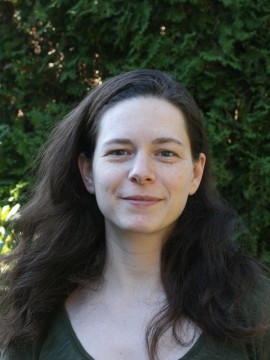
Fiona Campbell
Fiona Campbell is a PhD candidate in Linguistics at McGill University and a Sessional Lecturer with the First Nations and Endangered Languages Program. They focused primarily her doctoral research at McGill University onphonetics (speech sounds), language contact, and sociolinguistics (why people say what they do the way they do in particular contexts).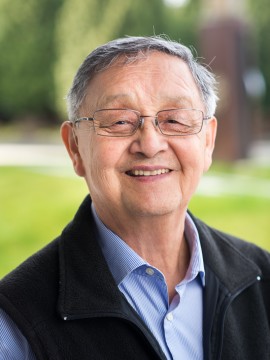
Elder Larry Grant
Elder Larry Grant from the Musqueam Nation is an Adjunct Professor in the First Nations and Endangered Languages Program, in which he co-teaches the introductory hən̓q̓əmin̓əm̓ (Central Coast Salish) course. He is also Elder-in-Residence at the First Nations House of Learning and Consultant for the Musqueam Language and Culture Department.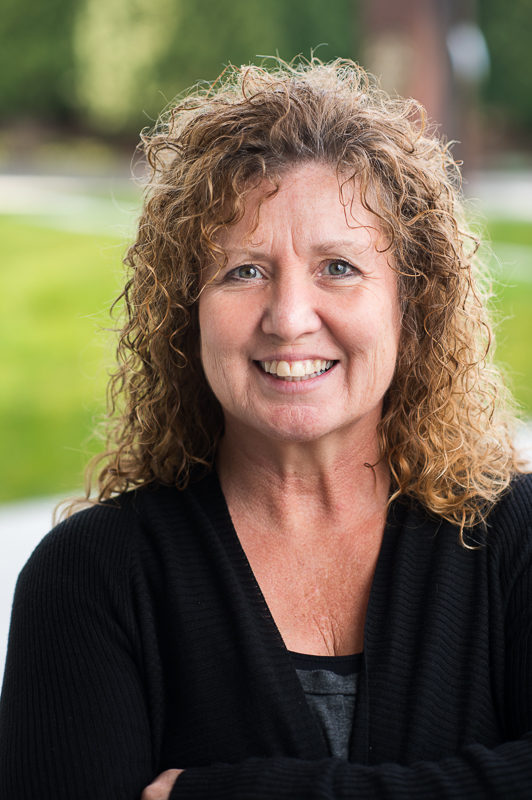
Marny Point
Marny Point is a member of the Musqueam Nation and a Lecturer in the First Nations and Endangered Languages Program, in which she teaches the intermediate level hən̓q̓əmin̓əm̓ (Central Coast Salish) course. She is also the Urban Program Coordinator for NITEP; UBC’s Indigenous Teacher Education program, and is an instructor of the introductory Indigenous Education courses.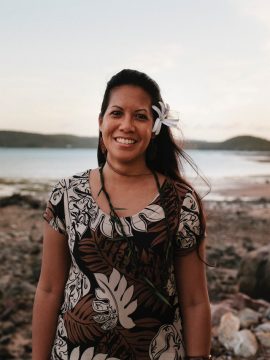
Candace Galla
Candace Kaleimamoowahinekapu Galla (Kanaka Maoli) is an Associate Professor in the Department of Language and Literacy Education (Faculty of Education) and in the Institute for Critical Indigenous Studies (Faculty of Arts) at the University of British Columbia. She has taught a variety of courses that focus on Indigenous language revitalization that have included materials development, performative arts, and an international collaboration with eight post-secondary institutions.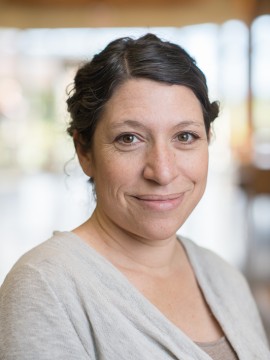
Daisy Rosenblum
Daisy Rosenblum is an Assistant Professor in the First Nations and Endangered Languages Program and the Department of Anthropology. She specializes in the multi-modal documentation and description of indigenous languages of North America, with an emphasis on methods, partnerships, and products that contribute to community-based language revitalization.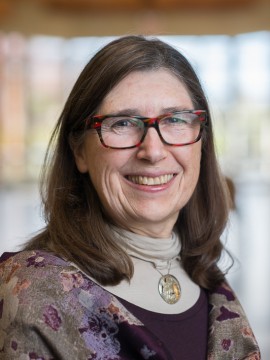
Patricia A. Shaw (Emerita)
Patricia A. Shaw is the Founding Chair (1996-2014) of the First Nations and Endangered Languages Program, and Professor of Anthropological Linguistics with particular interests in sound systems; the interface of phonology with phonetics and morphology; literacy and oral traditions; language contact and change.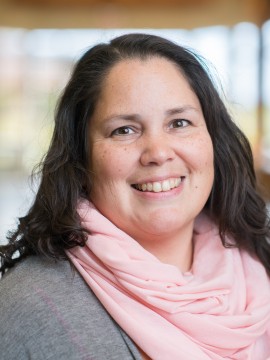
Grace Point
Grace Point is a Musqueam Band Member and has studied hən̓q̓əmin̓əm̓ formally through the UBC FNEL Program. Grace is eager to put her skills to work, as the Early Primary Language Education Liaison, where she will work directly with the Musqueam Preschool to develop and deliver programs and materials to the preschool children.